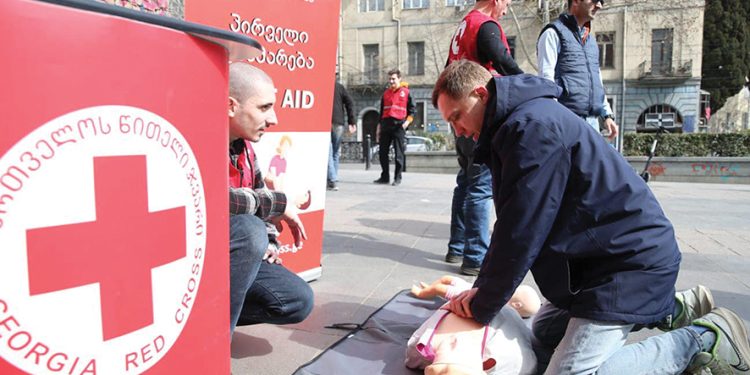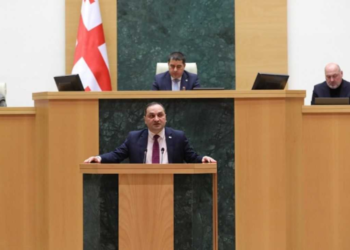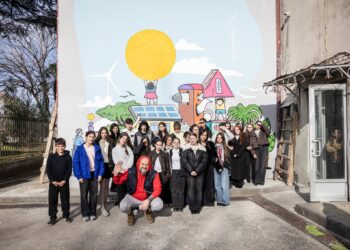Providing the Georgian government with humanitarian aid since 1918, the Georgia Red Cross Society (GRC), a non-profit organization, continues to make progress in its established field.
The organization, which has been around for over 100 years, has worked throughout the country in both independent and Soviet times. Deputy Secretary General Kakha Mamuladze at the GRC headquarters in Tbilisi has been working with the society for around 25 years, as a volunteer worker and with his current status. He says the organization has a unique role to play in the humanitarian direction.
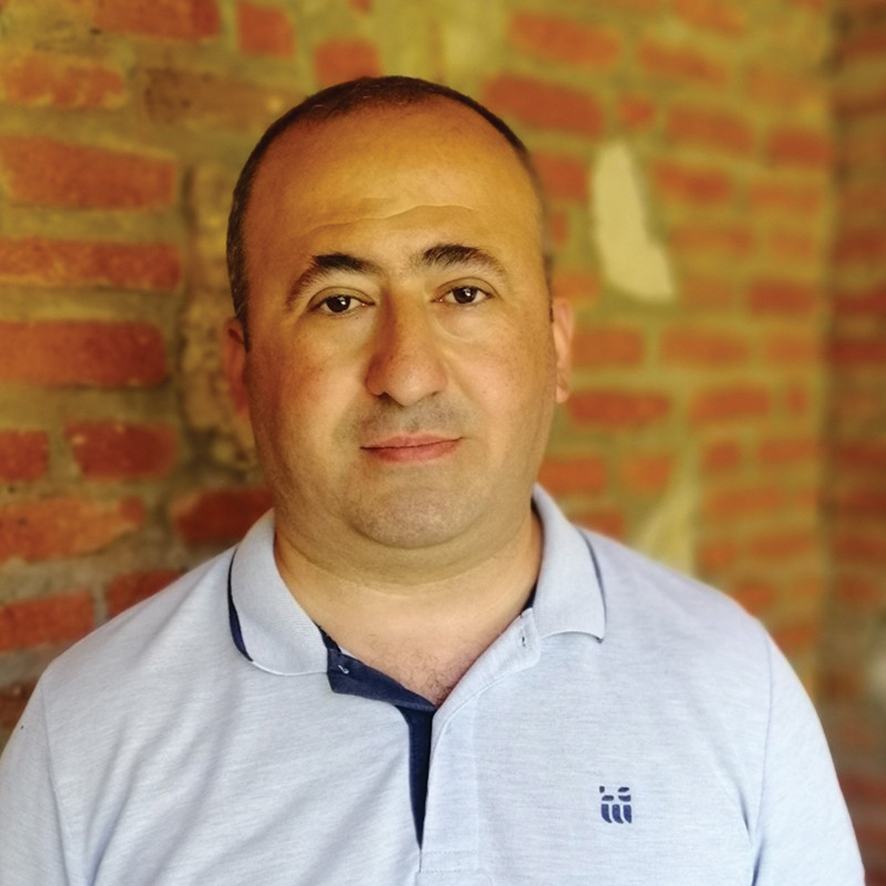
“Many decrees and sub-laws in the country are tailored toward the GRC, which gives us specific roles in governmental and non-governmental sectors,” he tells GEORGIA TODAY. “We have 38 branches across Georgia that are equipped with staff and volunteer members. Each branch has different directions, depending on the location and need of the given area, but each branch has the goal of assisting the government with humanitarian issues.”
Most countries worldwide have a Red Cross or Red Cresent Society to aid their government. Red Cresent acts as the same organization with synonymous goals, principles, etc., however, the name ‘Red Cresent’ is primarily used in predominately Muslim countries, rather than ‘Red Cross.’
The Red Cross European Union notes the seven fundamental principles that were adopted in 1965 by the International Red Cross-Red Crescent Movement: Humanity, impartiality, neutrality, independence, voluntary service, unity, and universality. However, GRC has three main directions on which they focus their attention: Disaster management, health and care, and national society development. Mamuladze tells us their humanitarian assistance in health and care includes mental health and psychosocial reports, professional home care, first aid, blood donation, and more.
All 38 branches in Georgia focus on these directions, but if extra expertise is needed in a certain direction, then the volunteers at that branch will receive more training in that given area.
GRC is the only non-governmental organization in Georgia that has governmental laws that are tailored toward them. This is needed for the organization to support the government, whether its local authorities or central government, in the humanitarian direction. Mamuladze said all Red Cross and Red Crescent societies around the world are trying to achieve this level of legislation, so they can provide more assistance to their countries.
In addition to legislation, Mamuladze explains that there is a governmental decree, previously the presidential decree, in Georgia, that states that when disaster happens within the country, regardless of its size, the government is to determine which governmental office is responsible for what. Since GRC holds legislation, they are included in the list. When providing examples of this scenario, Mamuladze said GRC was sent to Shovi last year as part of the task force after the landslide hit.
Most of the GRC consists of volunteers.
“They make up roughly 80% of the organization and are the base and play a big role in assistance and volunteer training. Anyone aged 18 or older can be a volunteer, and the organization provides free, on-site training in the direction of interest.”
The organization has achieved many things over the years, but the biggest success was the president of the GRC, Natia Loladze, becoming one of 20 worldwide board members of the International Federation of Red Cross and Red Crescent Societies (IFRC). To continue success, several years ago, she then became the vice president of IFRC.
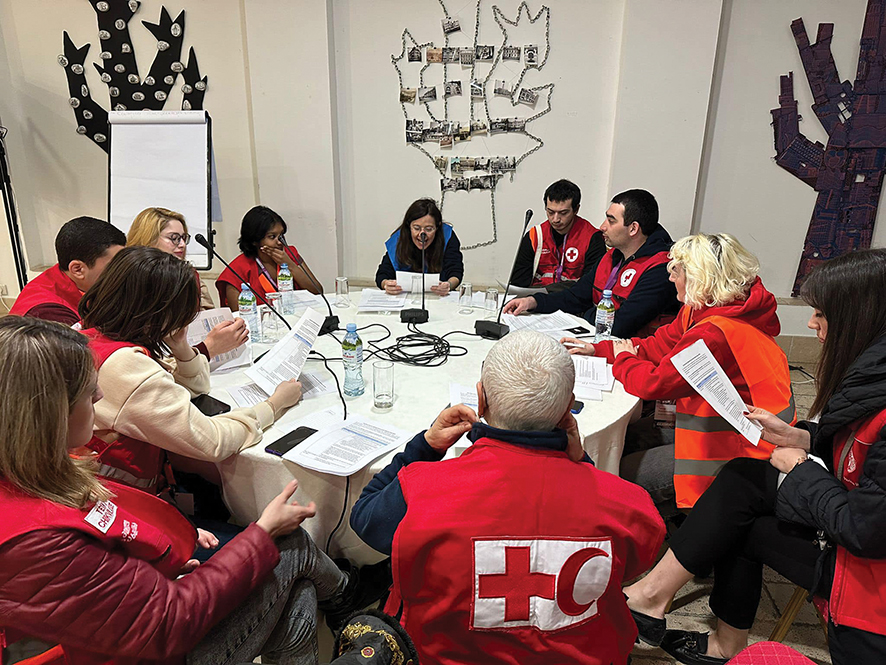
“For us, of course, the Georgia Red Cross has never been in this spot, especially with a Vice President. There are only four vice presidents, and one is from the Georgia Red Cross, which is huge,” said Mamuladze. “It’s a big window to the international direction and we’re lucky that we have this. We are still developing, and never imagined being in this spot.”
In addition to this progress, as of one year ago, the organization now has an official office. Mamuladze explained how the GRC also has actively engaged its staff and volunteers, so volunteers are now knowledgeable enough to train other, newer volunteers.
“I see a huge development because I remember how the Red Cross was at that time and where we are now. It’s a huge bonus,” Mamuladze said.
Moving forward, the organization intends to continue its current programs and projects, such as home care, first aid, branch development, and more. They intend to enact two new directions, including climate change with the implementation of a new project and cash support. Mamuladze said various humanitarian organizations are moving toward cash support, not only with boxes but to deliver specific cash and voucher assistance to those in need.
The IFRC, the International Committee of the Red Cross (ICRC), and other Red Cross Societies from outside countries, such as Norway, Sweden, and Austria, are the main donors and supporters of the GRC. Mamuladze said he is happy when he sees the light on volunteers’ faces after they have helped people; it’s a reason why he and many like him do their jobs.
“I think everybody, every human, wants to do kind things, good things. Especially when you are young, you think you can change the world and turn it around,” said Mamuladze. “It is human nature to want to support others.”
INTERVIEW BY SHELBI R. ANKIEWICZ

